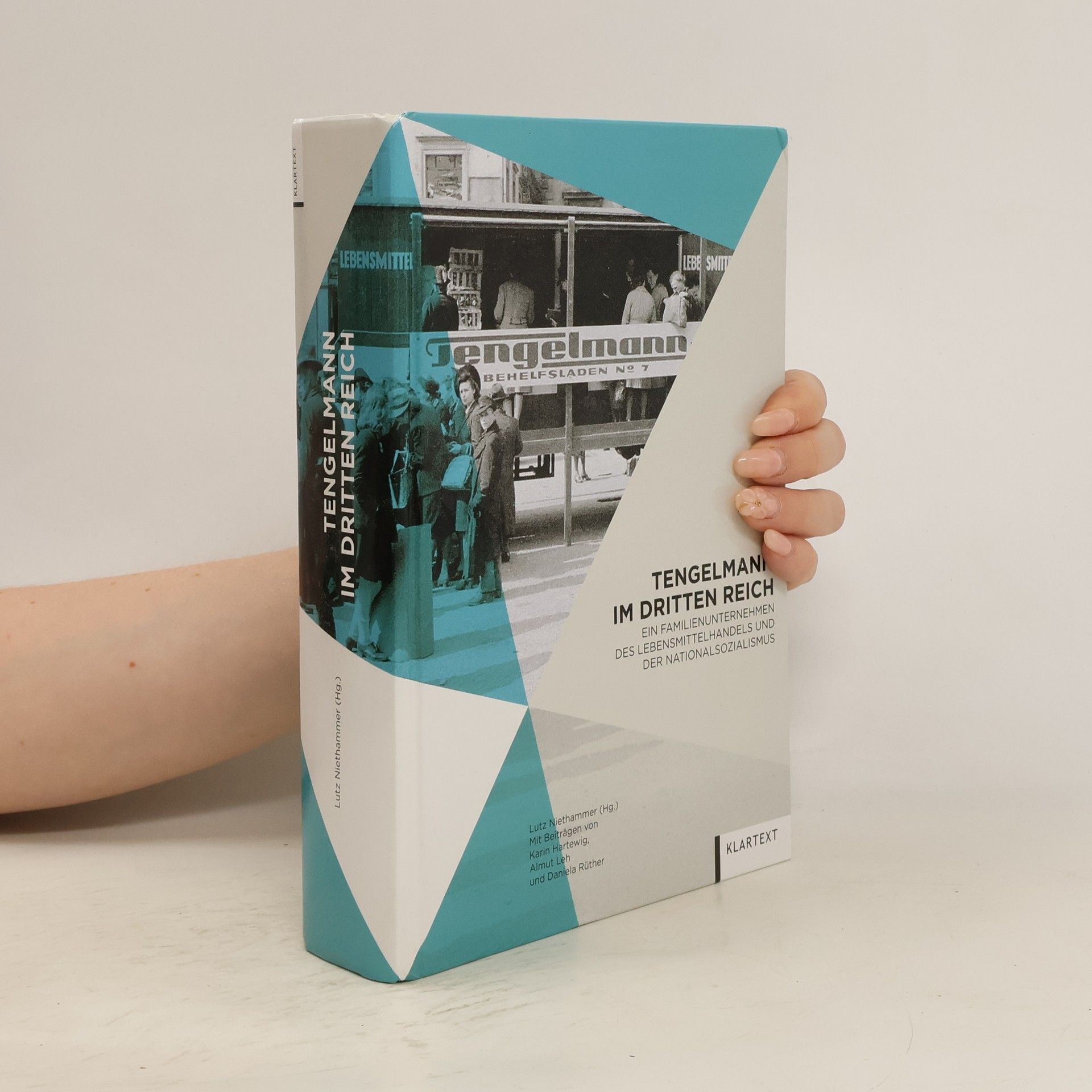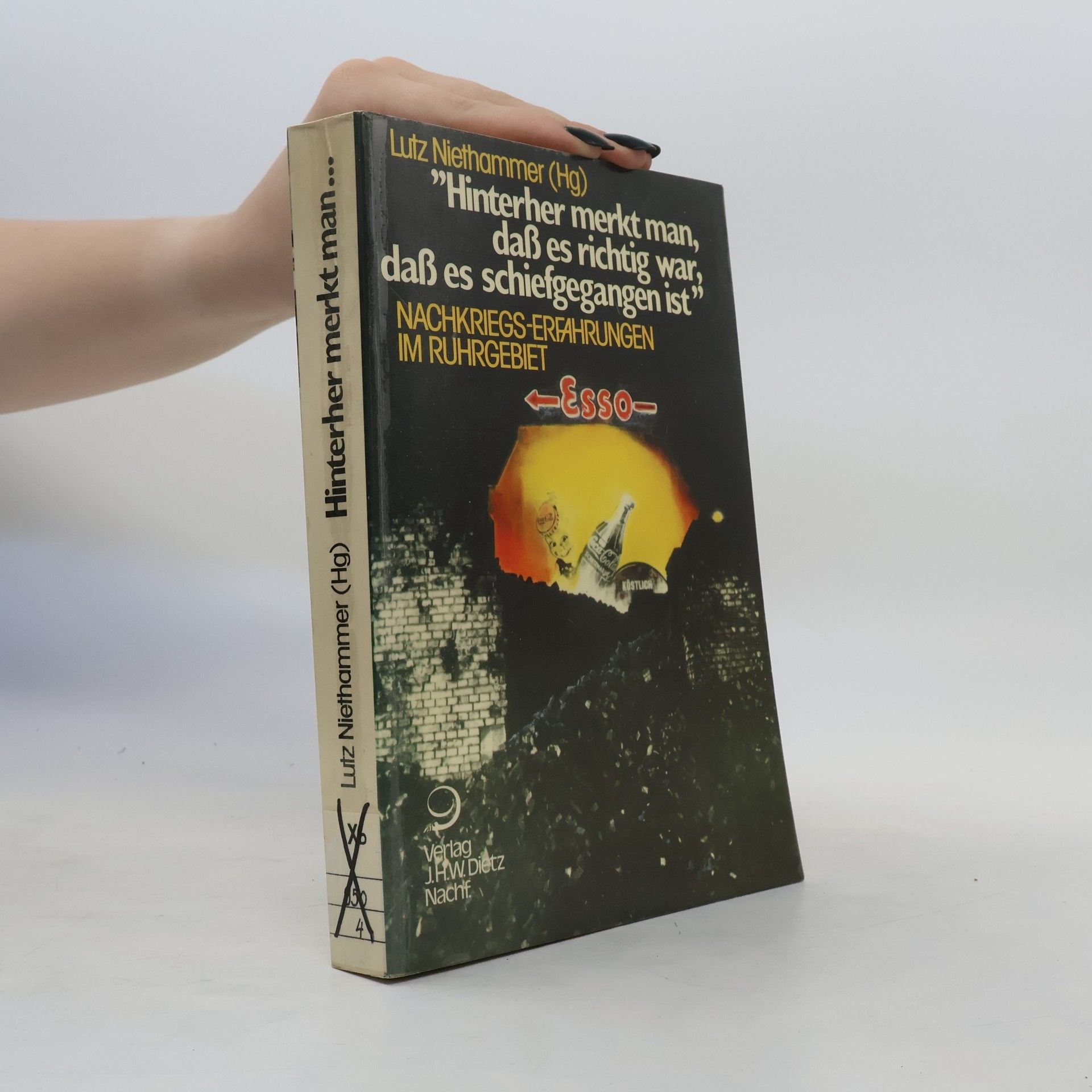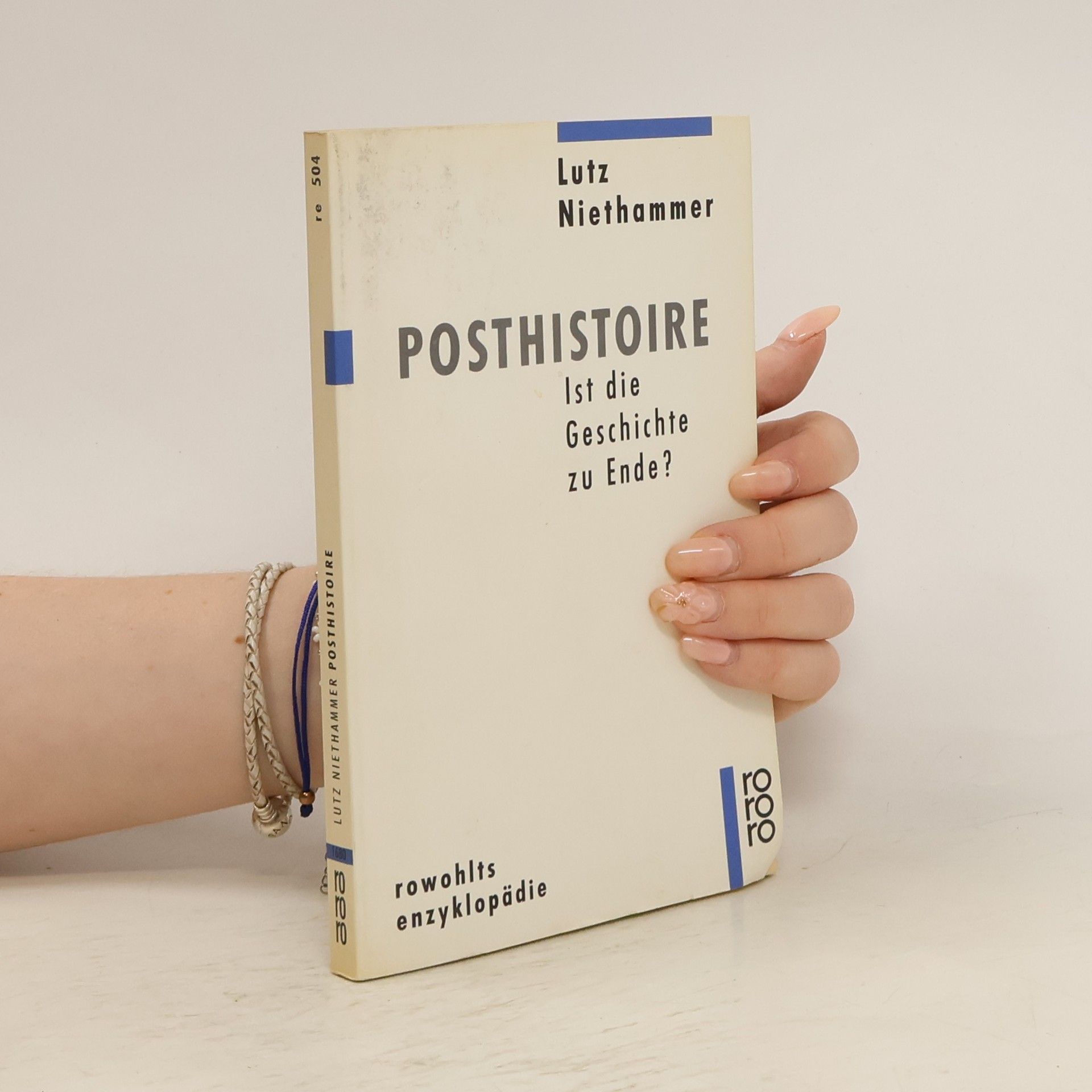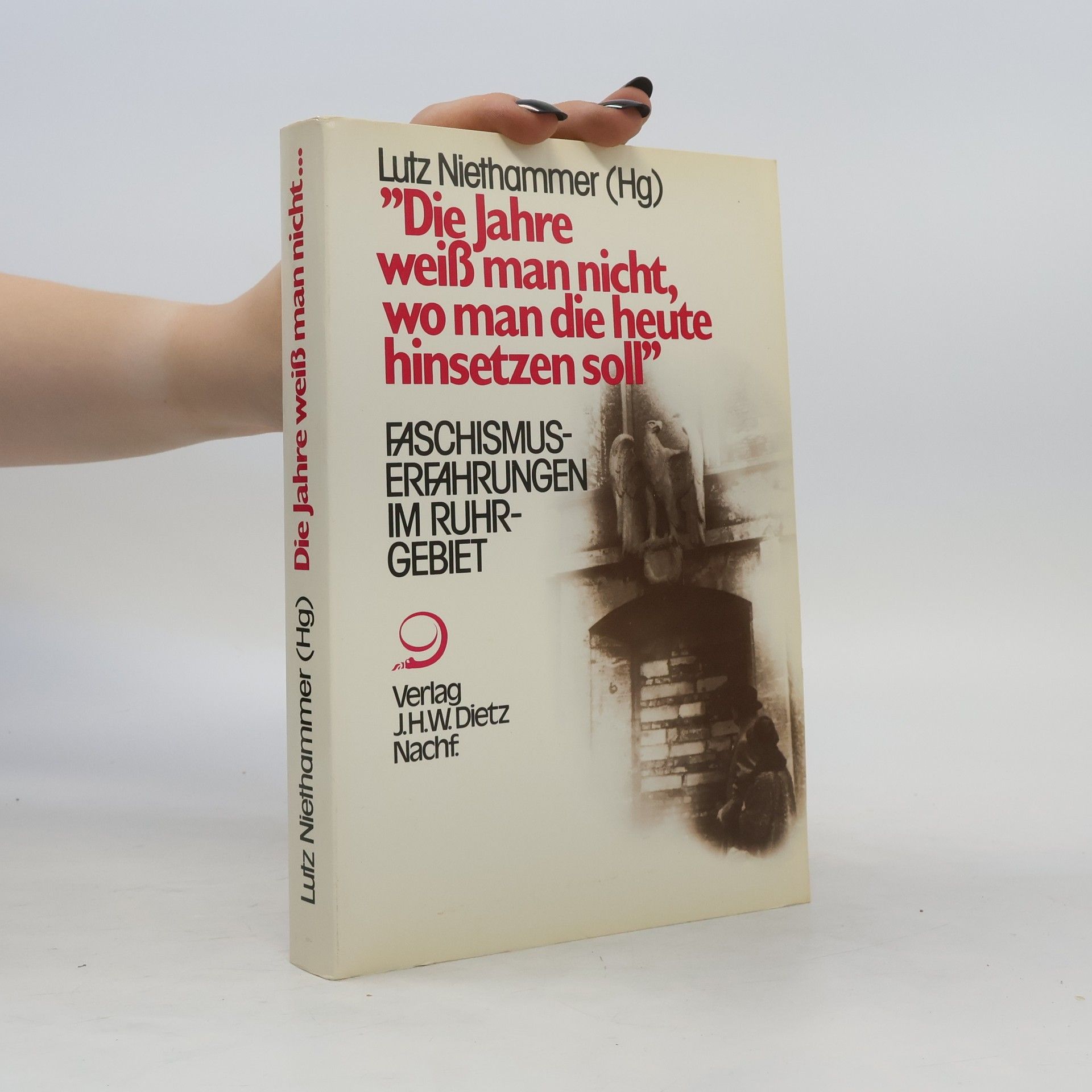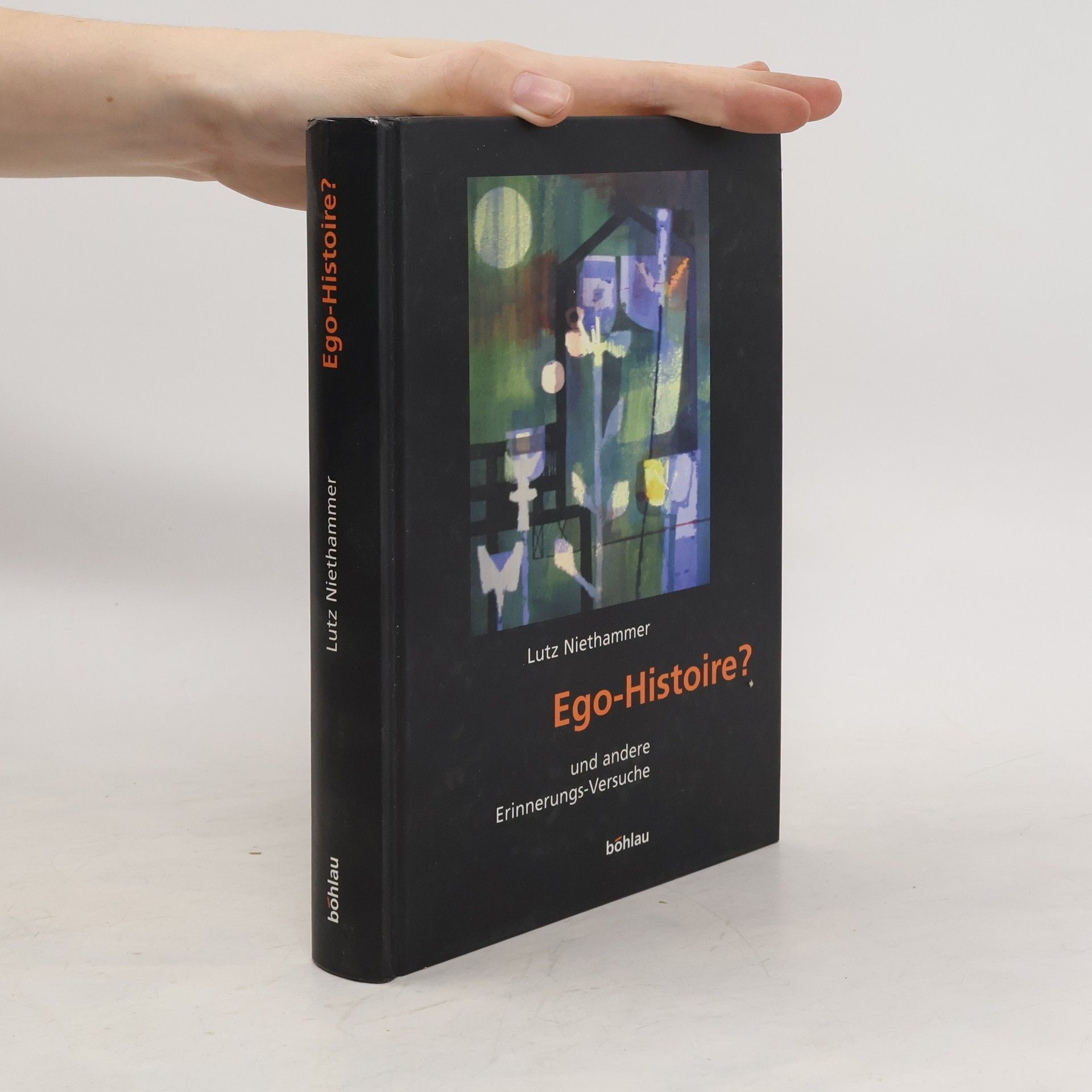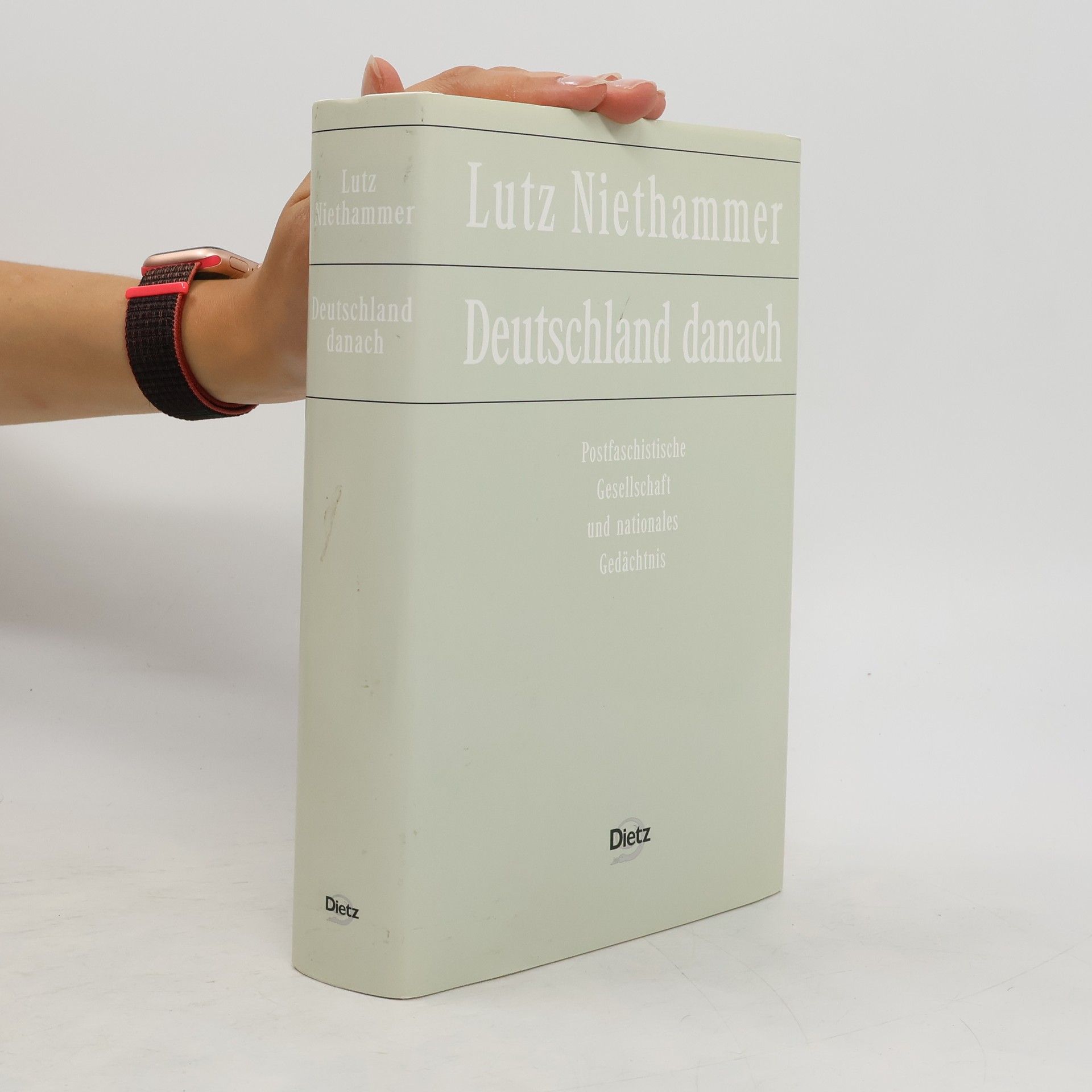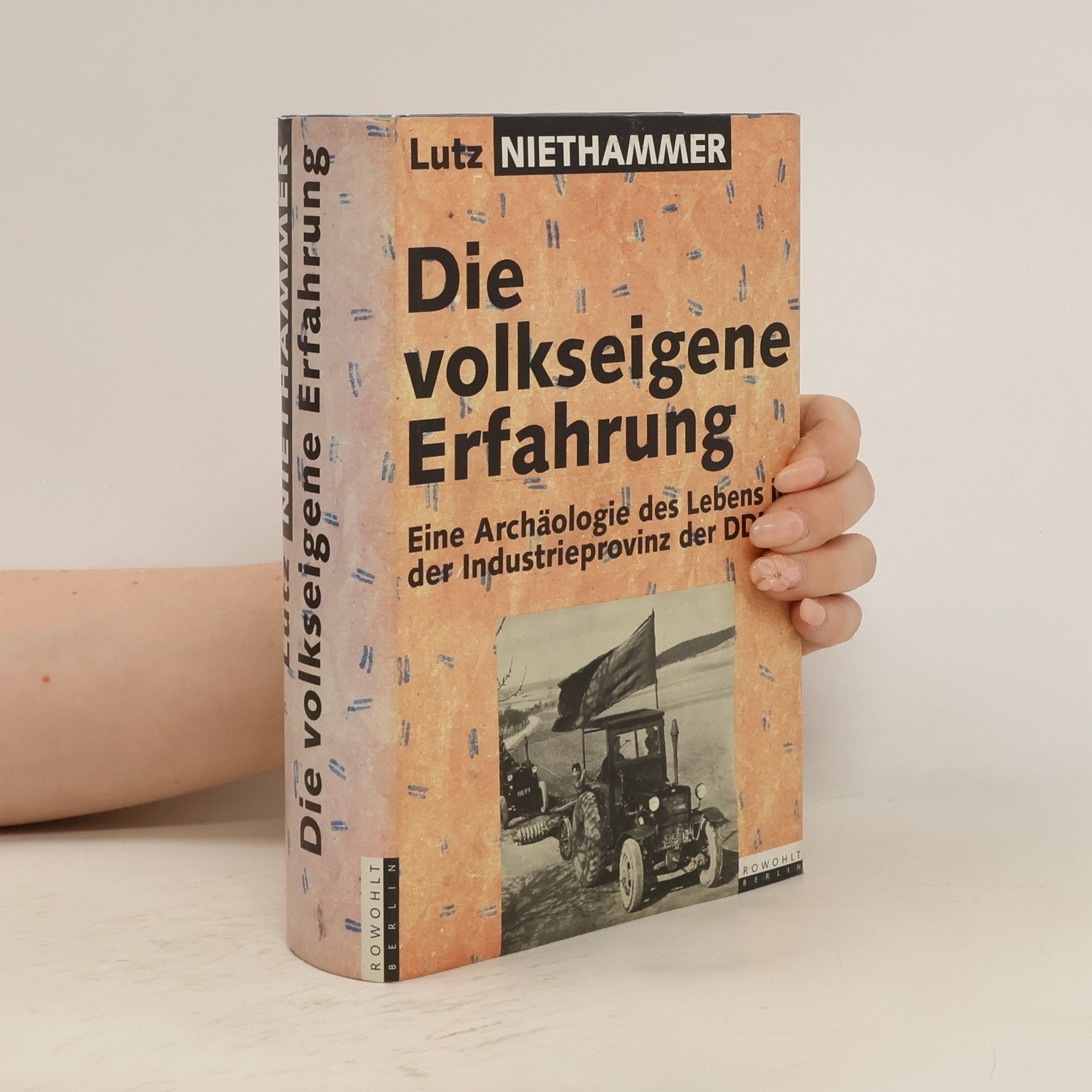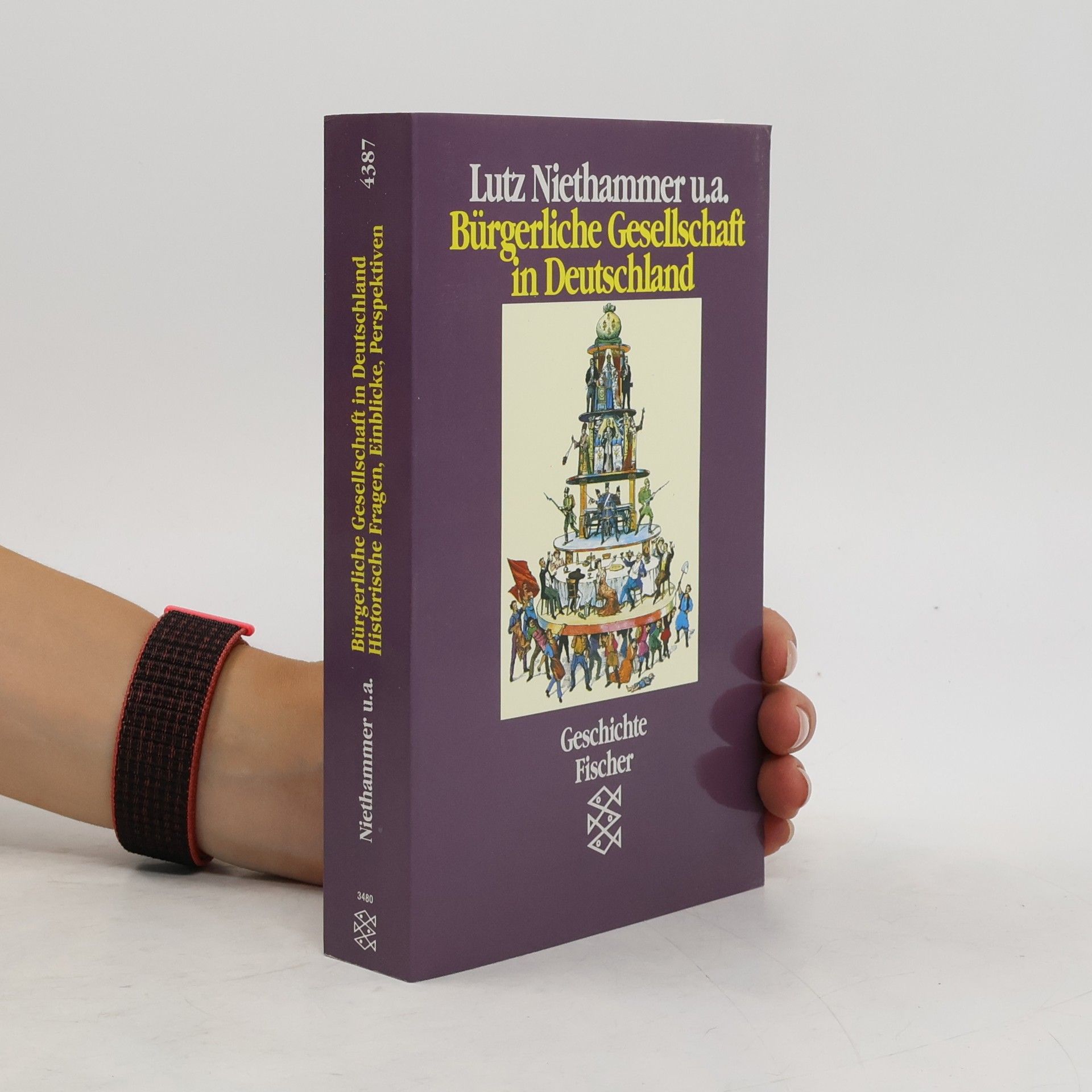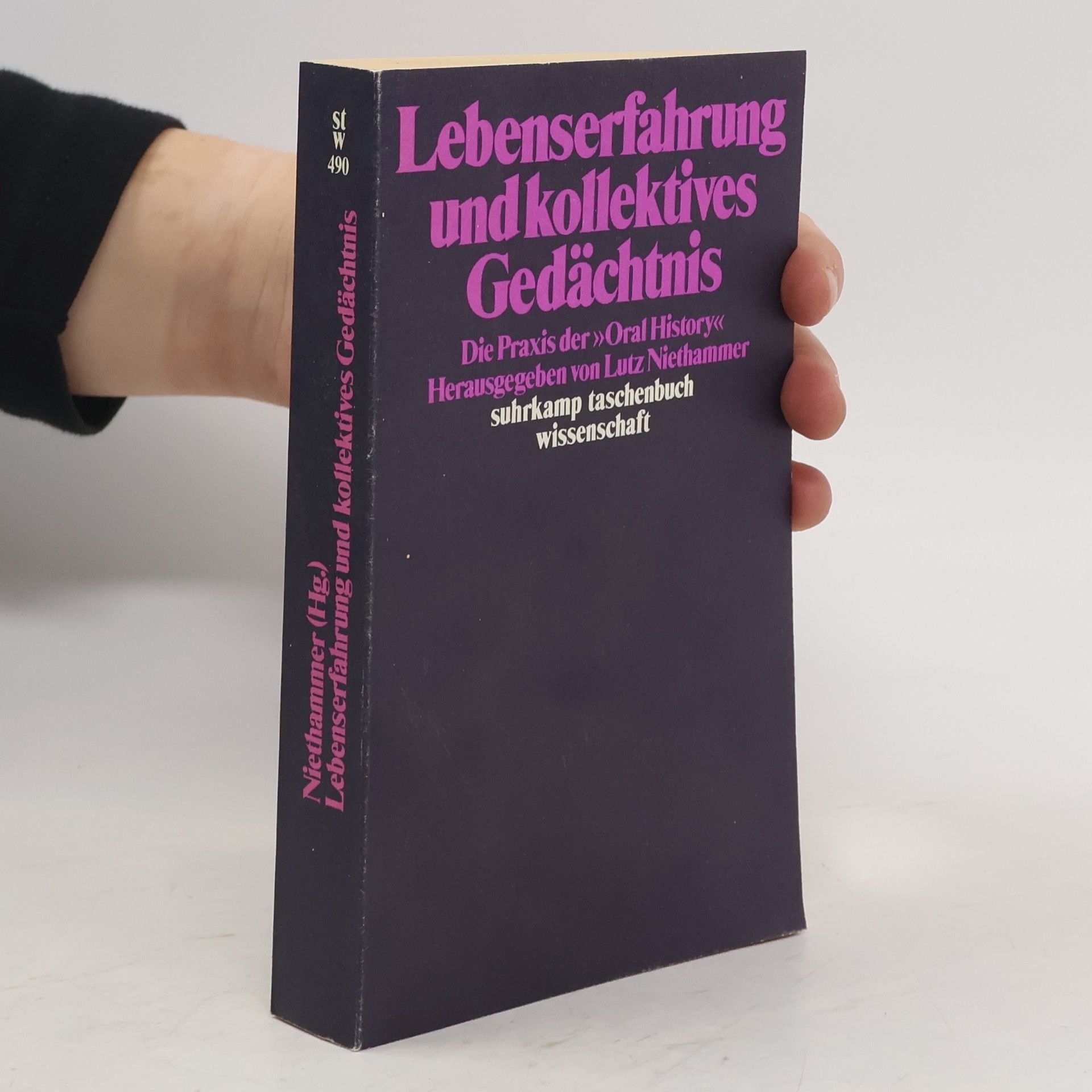Tengelmann im Dritten Reich
Ein Familienunternehmen des Lebensmittelhandels und der Nationalsozialismus
Die Erforschung des Verhältnisses von Wirtschaft und Herrschaft im Nationalsozialismus erlebte nach über einem halben Jahrhundert durch zahlreiche Firmengeschichten einen Aufschwung. Dabei blieben die bedeutenden Familienunternehmen der deutschen Wirtschaft oft unterbelichtet. Die Zerstörung von Geschäftsunterlagen im Krieg und Nachfolgekrisen erschweren die Analyse. Tengelmann, 1867 gegründet und zeitweise eine der größten Handelsketten Deutschlands, steht exemplarisch für drei zentrale Defizitbereiche dieser politischen Wirtschaftsgeschichte: Familienunternehmen, Handel und Lebensmittelbranche. Seit 2011 analysierte ein Team um Lutz Niethammer, inwieweit der Konzern in Zwangsarbeit, Arisierung, Besatzungsherrschaft und Kriegsgewinne verwickelt war. Auch die SS-Mitgliedschaft des damaligen Chefs Karl Schmitz-Scholl jun. sowie sein Verhalten zwischen Unternehmen, Familie, SS und Wehrmacht werden untersucht. Die Quellenbasis einer internen Familienchronik wurde durch zahlreiche, bisher unerschlossene Überlieferungen und umfassende Recherchen in öffentlichen Archiven erweitert. Die reich bebilderte Darstellung ist in Problemstränge gegliedert und bietet ein differenziertes Bild zwischen 1930 und 1950. Die Frage nach politischem Verhalten und Verantwortung zeigt keine einfachen Schwarz-Weiß-Kontraste.
